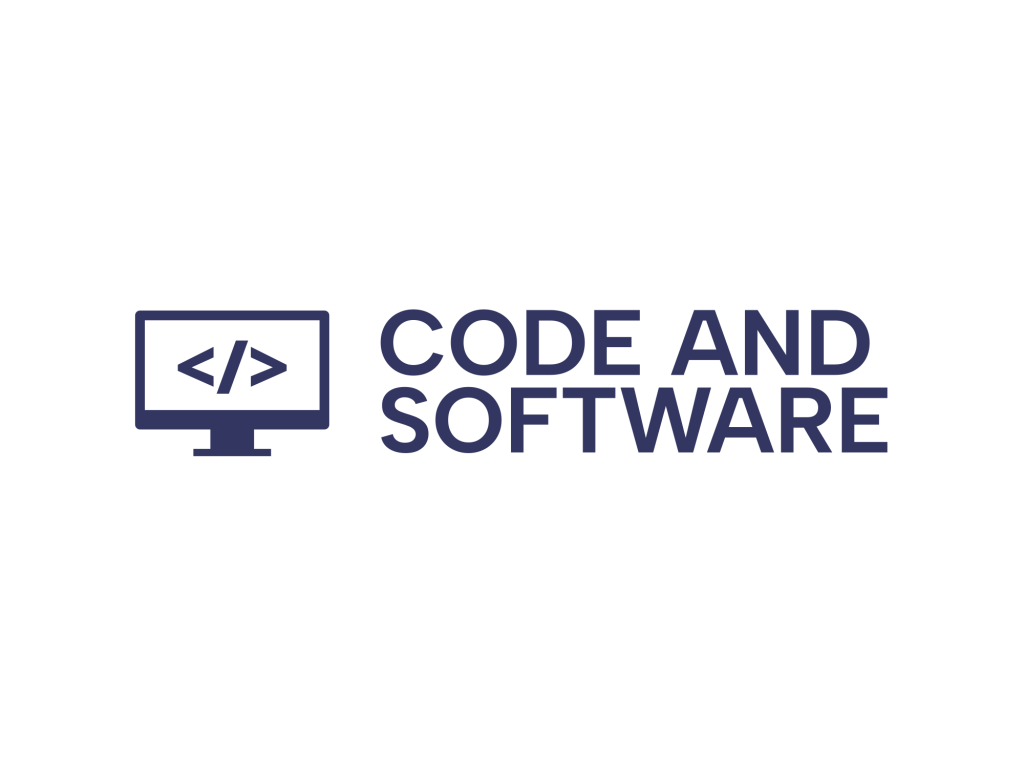Launching a tech startup in the USA offers immense opportunities, but it also comes with fierce competition. In a landscape where innovation is constant and disruptions happen daily, having a powerful digital marketing strategy is not just beneficial—it’s essential. Tech startups must leverage targeted and measurable methods to reach their audience, build credibility, and generate traction quickly.
Below are the top digital marketing strategies that can help tech startups in the USA grow their brand, attract investors, and scale efficiently.
1. Content Marketing
Content is the backbone of modern digital marketing. By creating authoritative, relevant, and engaging content, startups can establish themselves as thought leaders in their niche. Startups should focus on:
- Blog Posts: Regularly publishing insightful blog posts that answer industry-specific questions boosts SEO and builds trust.
- Whitepapers and Case Studies: These provide in-depth information, perfect for B2B tech companies targeting enterprise clients.
- Video Content: Demos, explainer videos, and testimonials that showcase the startup’s solution can increase user engagement.

2. Search Engine Optimization (SEO)
Ranking high on Google is crucial for visibility. A well-optimized website helps potential clients discover the startup organically. Key aspects include:
- On-Page SEO: Ensure that content includes relevant keywords, meta tags, and alt attributes.
- Technical SEO: Fast page loading, mobile optimization, and a clean internal link structure are essential for a solid web presence.
- Backlinks: Earning links from reputable tech sites enhances domain authority and credibility.
SEO is a long-term investment but pays off significantly as organic traffic compounds over time.
3. Social Media Marketing
For tech startups, having a strong social media presence isn’t optional. Platforms like LinkedIn, Twitter, and even Reddit can be powerful tools for engagement and thought leadership.
- LinkedIn: Ideal for B2B tech startups looking to engage with decision-makers and possible partners.
- Twitter: Real-time updates, tech news, and open interactions can break communication barriers with users and influencers.
- Reddit and Hacker News: Participating in relevant subreddits or forums with honest, helpful input can get startups valuable attention.
Consistency is key—posting regularly and interacting with followers builds trust over time.
4. Paid Advertising (PPC and Social Ads)
For startups that need rapid visibility, paid advertising can accelerate customer acquisition. Though budget constraints are common, strategic spending can yield strong ROI.
- Google Ads: Target keywords related to the product or service offering. Use retargeting to bring back visitors who left without converting.
- Social Ads: LinkedIn and Meta (Facebook & Instagram) allow hyper-targeting by demographics, industry, job title, and behavior.
Start small, A/B test your ads, and optimize campaigns continually based on data-driven insights.
5. Email Marketing and Automation
Email marketing remains one of the most effective channels for nurturing leads and maintaining customer engagement. Tech startups can utilize:
- Lead Magnets: Offer a free trial, toolkit, or e-book in exchange for email sign-ups.
- Drip Campaigns: Automatically send a series of emails that educate, engage, and guide prospects through the sales funnel.
Using platforms like Mailchimp or HubSpot simplifies the process of segmenting your audience and tracking campaign performance.

6. Influencer and Partnership Marketing
Collaboration can provide exponential growth opportunities. Partnering with industry influencers or complementary tech companies allows startups to tap into established communities.
- Micro-influencers: Often more accessible and more engaged with niche audiences.
- Strategic Partnerships: Co-host webinars, co-create content, or collaborate on product integrations to cross-promote each other effectively.
Such efforts can rapidly build credibility and trust by association.
7. Analytics and Performance Tracking
All digital marketing efforts must be measured. Tools like Google Analytics, SEMrush, and Hotjar help in:
- Understanding user behavior on your website
- Tracking conversion rates and bounce rates
- Identifying the most effective marketing channels
Data is essential for making informed decisions and continuously optimizing your strategies.
Conclusion
To succeed in the fast-paced tech landscape of the USA, startups must develop and maintain a robust digital marketing strategy. By combining foundational elements like SEO and content marketing with advanced tactics such as automation and influencer partnerships, tech startups can build visibility, credibility, and traction in a competitive market.
Staying agile, measuring results, and remaining customer-focused will ensure that marketing efforts align with growth goals—and ultimately lead to long-term success.

